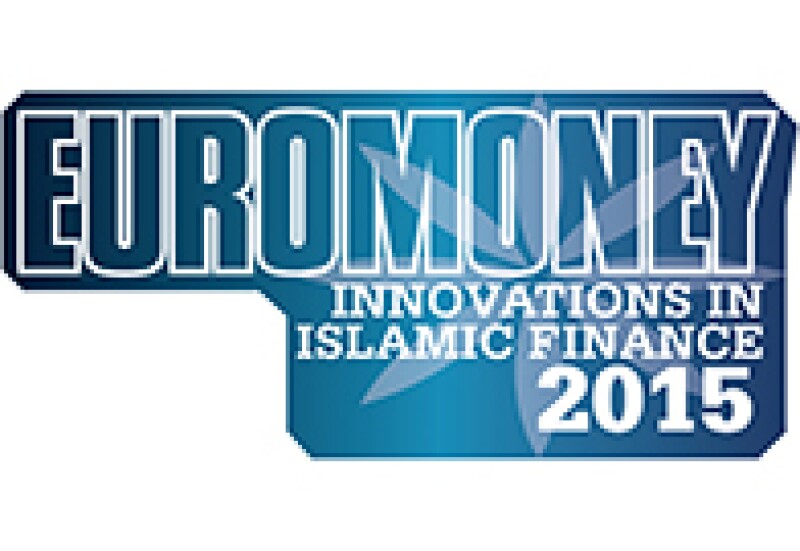
|
Few would deny that 2014 was a landmark year for the Islamic bond market. The first sovereign sukuk from a country without a Muslim majority – a £200 million ($300 million) five-year deal by the UK – gave way, a few months later, to the first dollar issuance by a triple-A-rated government (Hong Kong) and the first international sukuk in sub-Saharan Africa, by the Republic of South Africa. The Grand Duchy of Luxembourg also issued the first euro-denominated sovereign sukuk.
Added to that list were the first sukuk by a western financial institution (a $500 million five-year deal for Goldman Sachs) and the first-ever sukuk by a Japanese commercial bank, Bank of Tokyo-Mitsubishi UFJ. In addition, there was a pioneering tier-1 sukuk by Abu Dhabi-based Islamic lender Al Hilal Bank, as well as an innovative deal by IFFIm to fund a vaccination programme in poor countries.
It all showed sukuk’s “increasing application to borrowers worldwide”, says Andy Cairns, head of debt origination and distribution at National Bank of Abu Dhabi (NBAD). He describes 2014 as “a breakthrough year for international sukuk”.
